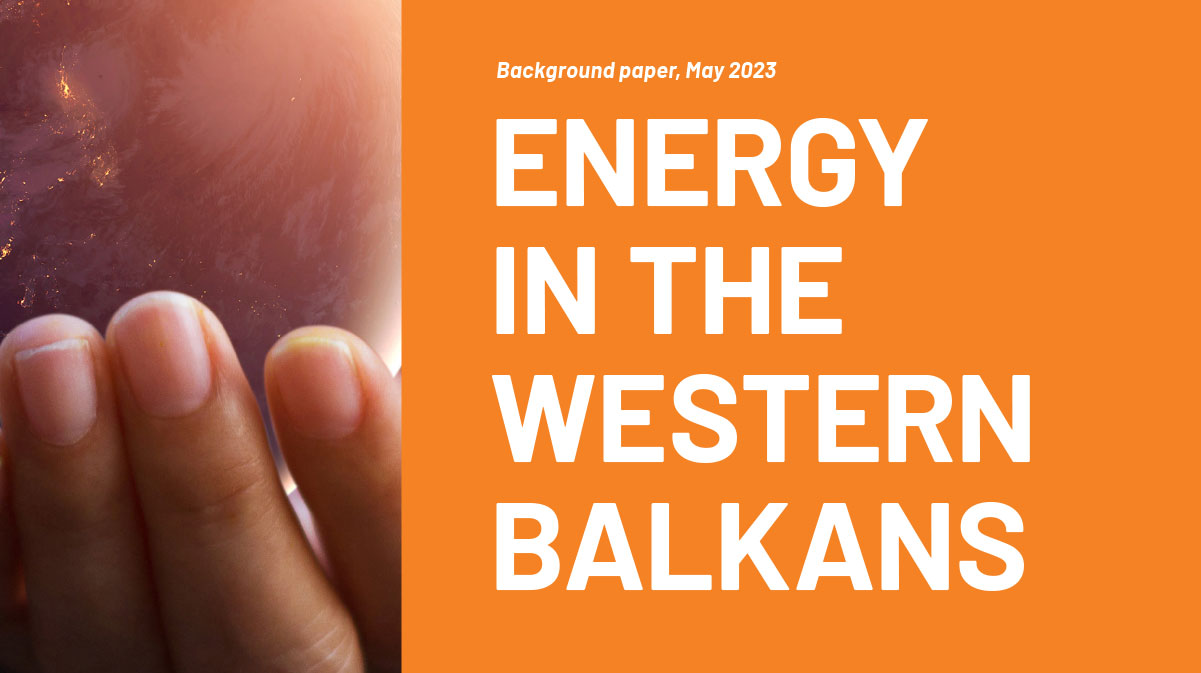
Since the beginning of the year, the Balkans in Europe Policy Advisory Group is conducting a comprehensive study on the geopolitics of the green energy transition in the Western Balkans. The study is based on desk research, several detailed case studies and an opinion poll conducted between March and April 2023 in Albania, Bosnia and Herzegovina, Kosovo, North Macedonia, Montenegro and Serbia. The background paper “Energy in the Western Balkans”that will be discussed at the policy dialogue “Geopolitics of the Green Energy Transition in the Balkans” at the European Policy Centre on 24th of May will show the initial findings from the research and sets up a foundation for the future development of the project.
The author of the background paper is BiEPAG’s Member Dimitar Bechev, Lecturer, Oxford School of Global amp; Area Studies, University of Oxford and Visiting Scholar, Carnegie Europe. He will be joined by his fellow BiEPAG Members Nikolaos Tzifakis, Professor, University of the Peloponnese and Tena Prelec Research Associate, LSEE-Research on South Eastern Europe, London School of Economics and Political Science (LSE) to the public presentation at EPC, moderated by Corina Stratulat, Head of the European Politics and Institutions Programme, European Policy Centre.
To understand foreign influence over energy in the Western Balkans, one needs to consider the longer-term trends and structural features that define the sector. Much like other parts of the economy, energy is influenced by history and present-day political institutions. Since it cuts across the economy, society, politics and international affairs, it is arguably a mirror of the region as a whole.
Macro-level phenomena and institutional legacies, as well as processes such as the disintegration of Yugoslavia and state-building in its wake, the post-communist transition, party politics and elections, privatisation, economic governance, state capture, EU integration and Europeanisation, sovereignty disputes, relations with non-EU actors, and regional cooperation, amongst others, all have an energy dimension.
The slow pace of the Balkans’ green energy transition is closely connected to the region’s energy insecurity and its dependence on imported and domestically produced fossil fuels, which perpetuate energy poverty and environmental degradation.
Businesses that do not abide by environmental standards can keep investing in fossil fuels. At the same time, the energy sector remains dominated by public utilities plagued by inertia and reform aversion. These opportunity structures have been used by actors like Russia and China to pursue their own economic and political goals. A problem which has been further exacerbated by the war in Ukraine.
To find out more about the findings and conclusions of this study download it at the following link.
Watch the video from the event at EPC.